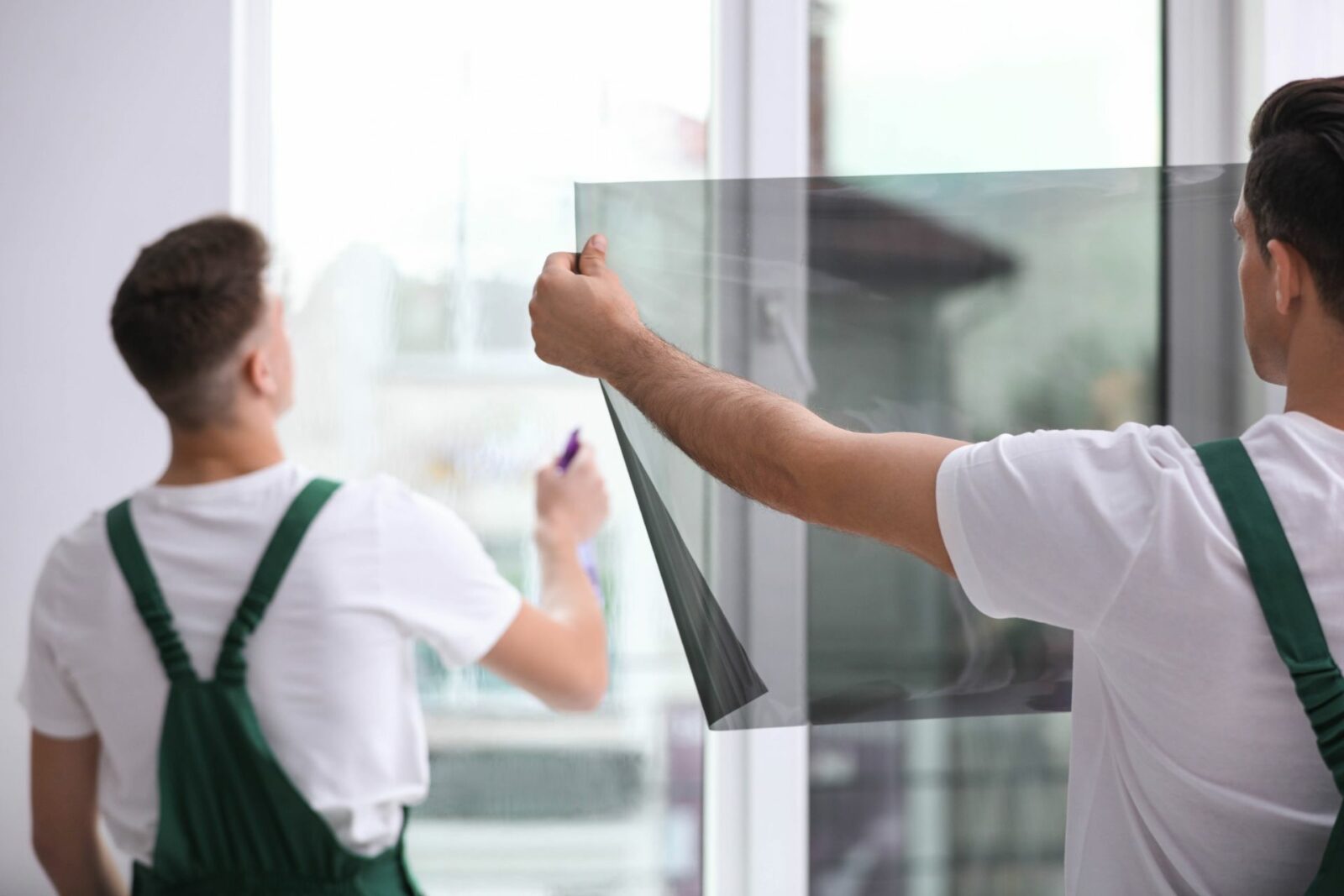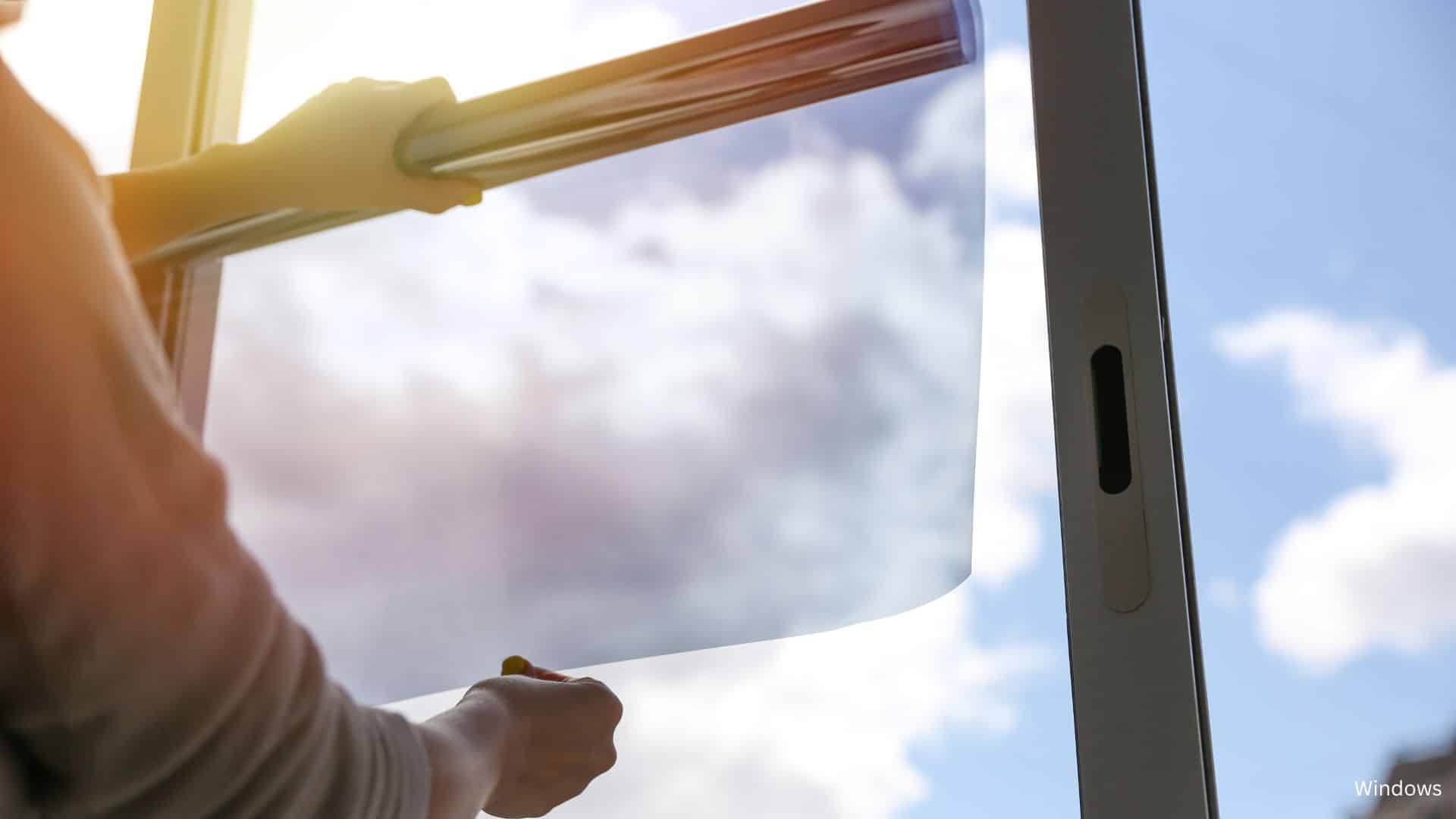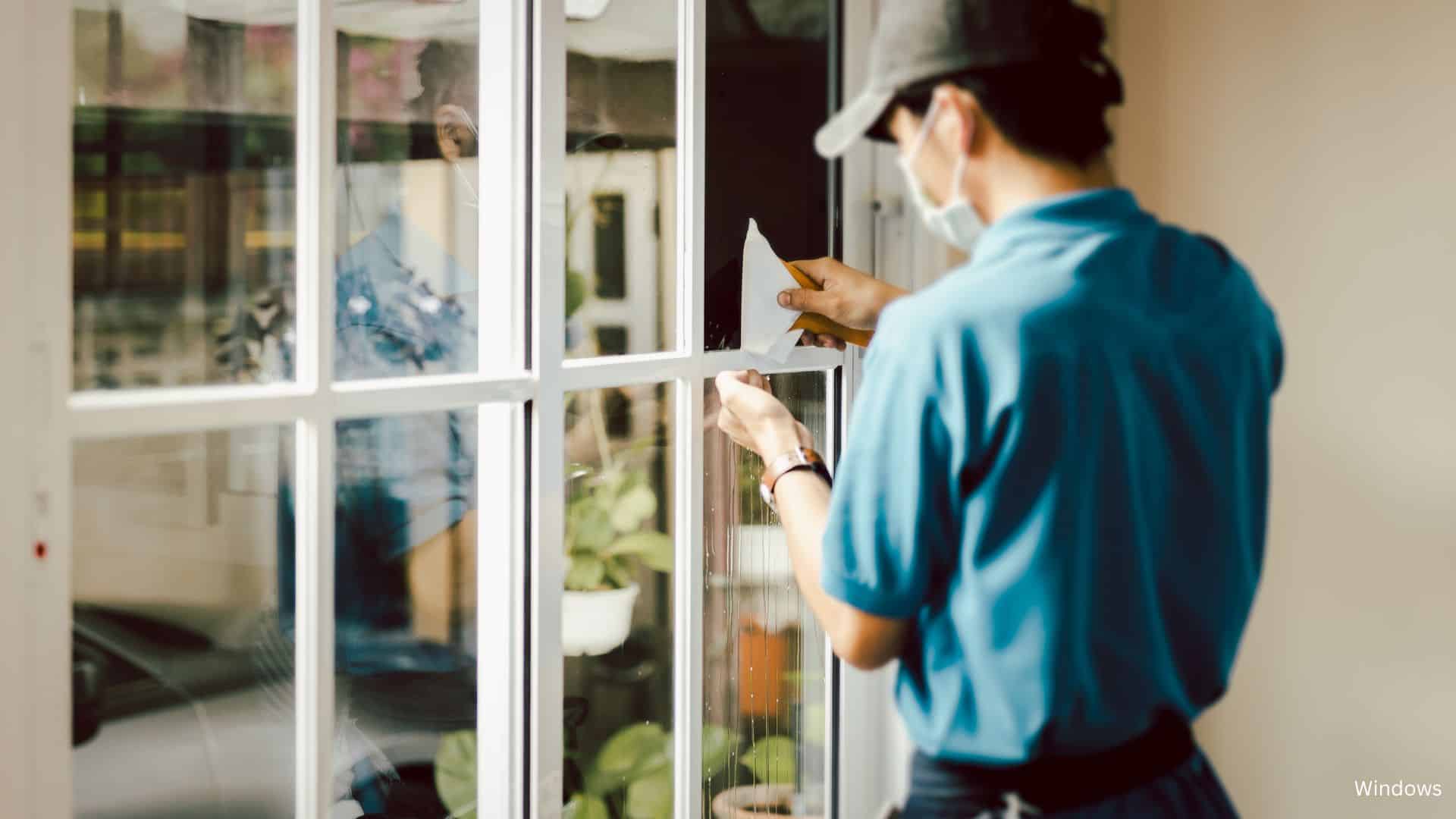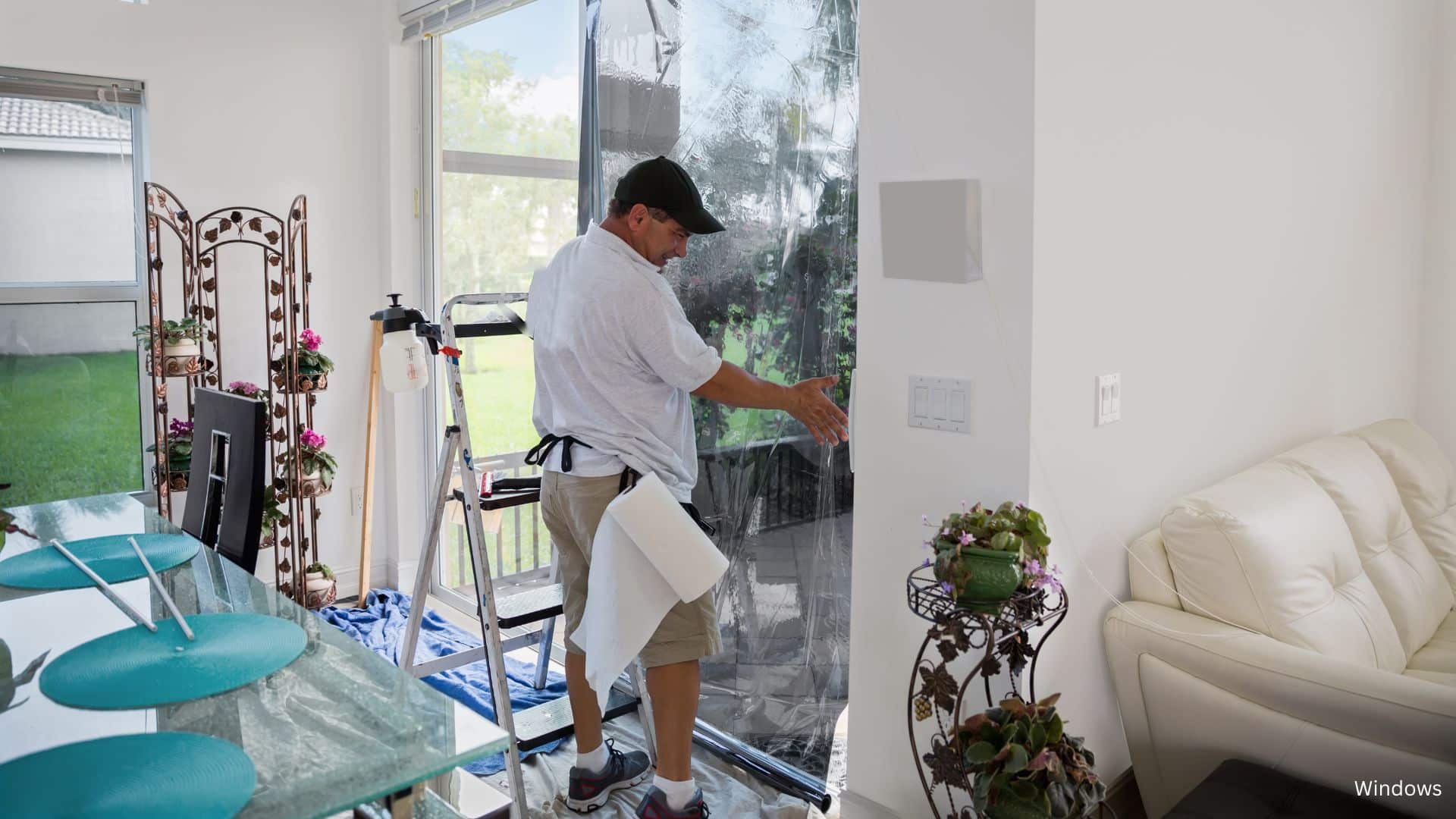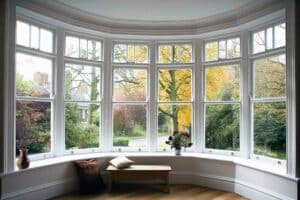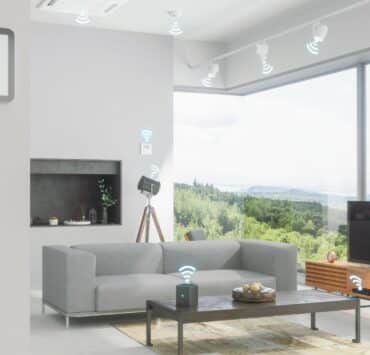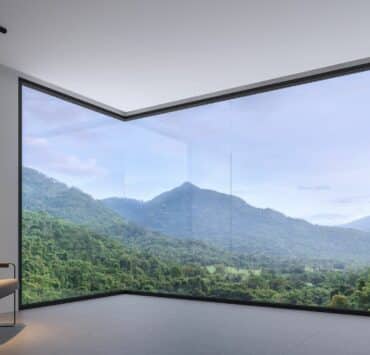Home window tinting has been growing in popularity over the years, with many homeowners opting for this solution to improve their home’s energy efficiency and privacy. While it comes with some advantages, such as blocking UV rays, reducing glare, and adding a layer of insulation, it’s essential to note the disadvantages of home window tinting as well.

Advantages of Home Window Tinting
Before diving into the disadvantages, it’s worth mentioning some of the benefits of home window tinting. These include:
Energy Efficiency
Window tinting can help reduce your home’s energy consumption by blocking out heat during summer and retaining heat during winter. This, in turn, can aid in energy efficiency.
UV Protection
Tinted windows can block up to 99% of harmful UV rays, protecting your furniture, artwork, and flooring from fading.
Privacy
Tinted windows can provide an added layer of privacy, making it difficult for outsiders to see inside your home.
Glare Reduction
Tinted windows can help reduce glare from the sun, making it easier to watch TV or work on a computer.
Aesthetics
Window tinting can enhance the appearance of your home, giving it a sleek and modern look.
Disadvantages of Home Window Tinting
Now, let’s take a look at some of the disadvantages of home window tinting:
Reduced Visibility
Darker tints can reduce visibility, making it difficult to see outside your home. This can be a safety hazard, especially when driving, as it can affect your ability to see other vehicles and pedestrians.
Installation Challenges
Installing window tints requires a certain level of skill and expertise. Incorrect installation can result in air bubbles, creases, and other imperfections that can affect the tint’s effectiveness.
Removal Difficulties
Removing window tint can be challenging, especially if it has been installed incorrectly. It can leave behind residue and damage the window glass.
Voided Warranty
Installing window tints can void your window manufacturer’s warranty. This means that if your window has any issues, you may not be able to get it repaired or replaced under warranty.
Expensive
While window tinting can save you money in the long run by reducing your energy bills, it can be expensive to install, especially if you have many windows in your home.
Points to Remember While Choosing the Right Tint
If you’ve decided to get your windows tinted, it’s essential to choose the right tint for your home. Here are some points to consider:
Type of Tint
There are different types of window tints available in the market, such as reflective, ceramic, and dyed. Each type has its pros and cons, so it’s important to research and choose the one that best suits your needs.
Tint Level
Tint levels range from light to dark. The darker the tint, the more privacy and heat reduction it provides. However, it can also reduce visibility, making it difficult to see outside your home.
Legal Requirements
Before choosing a tint, it’s essential to check your local laws and regulations regarding the darkness of the tint. Some states have restrictions on the tint level, and failure to comply with these laws can result in fines.
Frequently Asked Questions
1. What Are the Legal Requirements for Home Window Tinting?
Legal requirements for home window tinting can vary by location, so it’s essential to check your local regulations before installation. Generally, residential window tinting is less regulated than automotive tinting, but there may still be restrictions on how dark the tint can be, especially if it significantly reduces visibility from the outside. Some areas may also have specific guidelines regarding reflective or mirrored tints. It’s recommended to consult with a professional installer who is familiar with local laws to ensure compliance.
2. How Long Does Window Tinting Last?
The lifespan of home window tinting depends on the quality of the film and the installation. High-quality window tints can last anywhere from 10 to 20 years. Proper maintenance, such as cleaning with non-abrasive products, can help prolong the life of the tint.
3. Will Window Tinting Affect My Home’s Natural Light?
Window tinting can reduce glare and block harmful UV rays without significantly darkening your rooms. There are various levels of tint available, so you can choose one that balances light control with natural light preservation according to your preferences.
4. Is Home Window Tinting Cost-Effective?
Yes, home window tinting can be cost-effective. Although there is an upfront cost for the installation, the energy savings from reduced heating and cooling bills can offset this expense over time. Additionally, tinting helps protect your furniture, flooring, and other interior elements from fading due to UV exposure, potentially saving you money on replacements.
5. Can I Install Window Tinting Myself?
While DIY window tinting kits are available, professional installation is recommended for the best results. Professional installers have the experience and tools necessary to apply the tint without bubbles, creases, or other imperfections, ensuring a smooth and long-lasting finish.
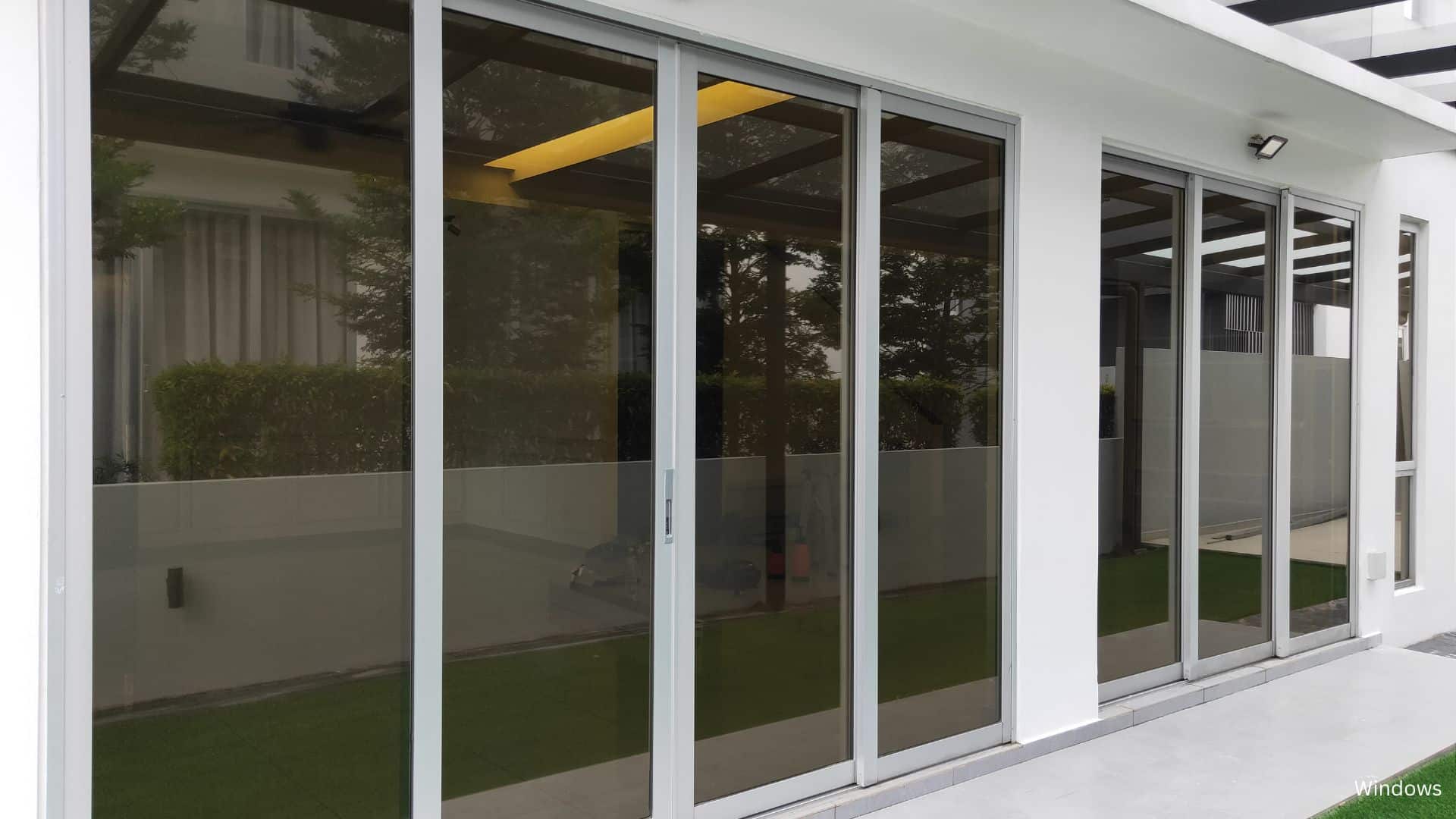
Home window tinting comes with both advantages and disadvantages. While it can improve your home‘s energy efficiency, provide privacy, and protect your belongings from UV rays, it can also reduce visibility, be challenging to install and remove, void your warranty, and be expensive. It’s essential to weigh the advantages and disadvantages of home window tinting carefully and choose the right tint for your needs.
